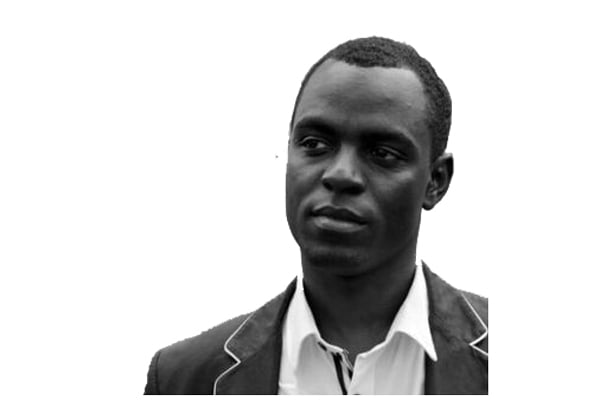An injustice anywhere is an injustice everywhere

Frank Mugisha
What you need to know:
- The question therefore would be that why would a non-governmental organisation that works on women’s rights be concerned about LGBTI oppression?
A fortnight ago in the pages of this newspaper I wrote in what many that responded termed as veiled terms about the plight of the LGBTI crisis, in the piece I made annotations about what was to come and painted a bleak future but still in veiled terms. This squeal dear reader aims to call out our comrades in civil society to the occasion and respond to the plight of LGBTI community. I will hence begin by analysing the roots of contemporary civil society in Uganda and proceed to make a case as to why all civil society must be concerned and directly engage this crisis.
What is Civil Society? Prof Oloka Onyango in a paper to Civil Society Actors titled “Multiplying the Jiggers in the Feet of Officialdom; Reflections on the Challenges Facing Civil Society Under Multi-Party Dispensation” historicizes contemporary civil society and marks its beginning at the end of the colonial epoch much as this is a Euro-centric view of civil society I will leave it at that.
CSO’s in this case took a form of trade unions that organised protests and boycotts over racist economic and labour policies at the time. These organisations were closely linked to the proverbial ‘ground’, operated meagre budgets and were extremely effective. Civil Society in effect was meant to be a voice for the downtrodden and it was unfathomable for it to wear a partisan gab. Much as the fray of politics is dangerous for civil society, non-confrontation, and silence was not part of the menu. My friend the anti-Apartheid activist Bishop Desmond Tutu tells us that in times of oppression when you choose silence you have chosen the side of the oppressor. In the same breath civil rights activist Martin Luther King Jr tells us that “in the end we shall remember not the words of our enemies but the silence of our friends.”
The question therefore would be that why would a non-governmental organisation that works on women’s rights be concerned about LGBTI oppression? The answer is simple an injustice anywhere is an injustice everywhere. I know there’s fear that they will be labelled homosexual, but labels have been part of all struggles against injustices, anti-apartheid activists and proponents of Irish republicanism were described as ‘terrorists.’
I know that some may read some entitlement into this call but that may not be the truth because we queer people have stood for many causes whose overall goal was to achieve the ends of justice including the rights of women and the press. The last six months we have witnessed a spat of abuses including but not limited to mass incarcerations, shrinking civic space, blackmail and intimidation and closure of our CSOs.
I know and I am quite aware that structural adjustment has pushed us down the drain of subsidizing the state in development and service delivery in our different silos, but never should we forget that our cardinal and most important responsibility is to those that are marginalised without fear, favour, or consideration of those they choose to love. The words therefore of the German pastor Martin Niemoller saying “first they came for the socialists, and I did not speak out because I was not a socialist. Then they came for the trade unionists, and I did not speak out because I was not a trade unionist. Then they came for the Jews, and I did not speak out because I was not a Jew. Then they came for me and there was no one left to speak for me. Aluta Continua
The author, Dr Frank Mugisha is a peace and human rights advocate.




